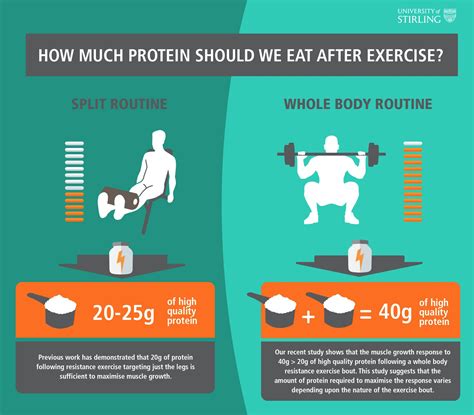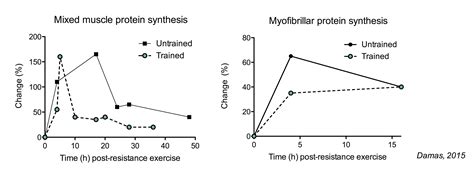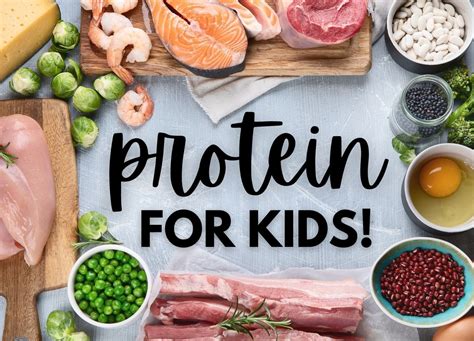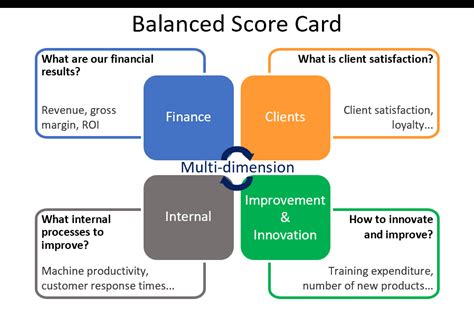How much protein for optimal muscle growth & recovery post-workout?

The Critical Role of Post-Workout Protein
After an intense workout, your muscles are in a state of flux. Exercise creates microscopic tears in muscle fibers, a process that, when adequately repaired, leads to stronger, larger muscles. This repair and growth process is largely fueled by protein, specifically the amino acids derived from protein digestion. Consuming sufficient protein post-workout is crucial for initiating muscle protein synthesis (MPS), halting muscle protein breakdown (MPB), and replenishing amino acid stores.

How Much Protein is Truly Optimal?
The exact amount of protein needed post-workout can vary based on several factors, including your body weight, training intensity, type of exercise, and overall daily protein intake. However, scientific consensus points to a generally effective range for maximizing MPS.
General Recommendations
- Bodyweight-based: A common recommendation is to consume 0.25 to 0.55 grams of protein per kilogram of body weight (or 0.11 to 0.25 grams per pound of body weight) in the post-workout period. For an individual weighing 70kg (approximately 154 lbs), this translates to roughly 17.5 to 38.5 grams of protein.
- Absolute Quantity: Many studies suggest that consuming 20-40 grams of high-quality protein is sufficient to maximally stimulate MPS in a single sitting for most individuals. Larger, more muscular individuals or those engaging in very high-volume training may benefit from the higher end of this range or even slightly more.

Is There an “Anabolic Window”?
For years, the concept of a critical “anabolic window” – a narrow timeframe immediately post-workout where protein consumption was absolutely essential – dominated fitness discussions. While it’s true that muscle sensitivity to amino acids is heightened after exercise, newer research suggests this window is wider than once thought, especially if you’ve had a pre-workout meal containing protein.
The current understanding emphasizes the importance of total daily protein intake spread throughout the day, including a significant dose post-workout, rather than obsessing over a precise 30-minute window. Aim to consume your post-workout protein within 1-2 hours after training, but don’t panic if you miss it by a little.
Choosing the Best Protein Source
Not all proteins are created equal when it comes to muscle growth and recovery. The quality of protein is largely determined by its amino acid profile, particularly its leucine content.
- Whey Protein: Often considered the gold standard due to its rapid digestion and high leucine content, making it excellent for stimulating MPS quickly.
- Casein Protein: Digests more slowly, providing a sustained release of amino acids. Often consumed before bed.
- Plant-Based Proteins: Soy, pea, and rice protein blends can be effective, especially when combined to ensure a complete amino acid profile. Look for plant proteins fortified with extra leucine.
- Whole Foods: Chicken breast, lean beef, fish, eggs, dairy products (Greek yogurt, cottage cheese) are excellent sources of high-quality protein that also provide other beneficial nutrients.

Optimizing Recovery: Beyond Just Protein
While protein is paramount, it works best in synergy with other macronutrients. Consuming carbohydrates alongside protein post-workout can further enhance recovery by replenishing muscle glycogen stores, which are depleted during exercise. Carbohydrates also help create an insulin spike, which can aid in nutrient delivery to muscle cells.
- Carbohydrate Pairing: Aim for a carbohydrate-to-protein ratio of approximately 2:1 or 3:1, depending on your training volume and goals.
- Hydration: Don’t forget to rehydrate with water and electrolytes, especially after sweating heavily.
- Sleep: Adequate sleep is often overlooked but plays a critical role in hormonal regulation and muscle repair.

Consistency is Key for Long-Term Gains
Achieving optimal muscle growth and recovery isn’t about a single post-workout meal; it’s about consistent, strategic nutrition over time. While the post-workout period is important, your total daily protein intake is arguably even more critical. Ensure you’re meeting your overall protein requirements spread across multiple meals throughout the day to continuously support muscle protein synthesis and prevent breakdown.
By understanding your individual needs, making informed choices about protein sources, and maintaining consistency, you can significantly optimize your body’s ability to recover, adapt, and build muscle effectively.









